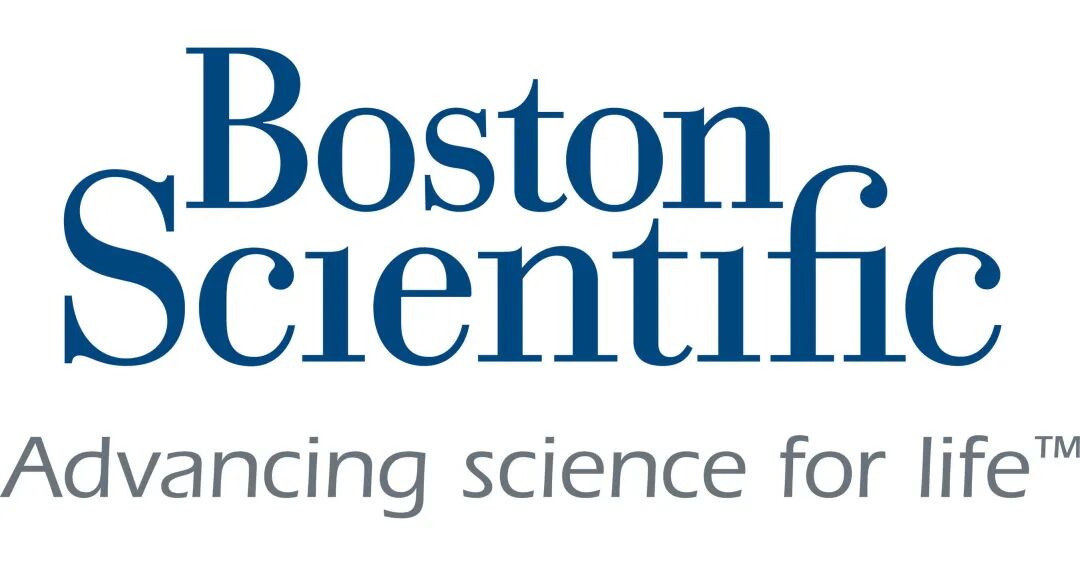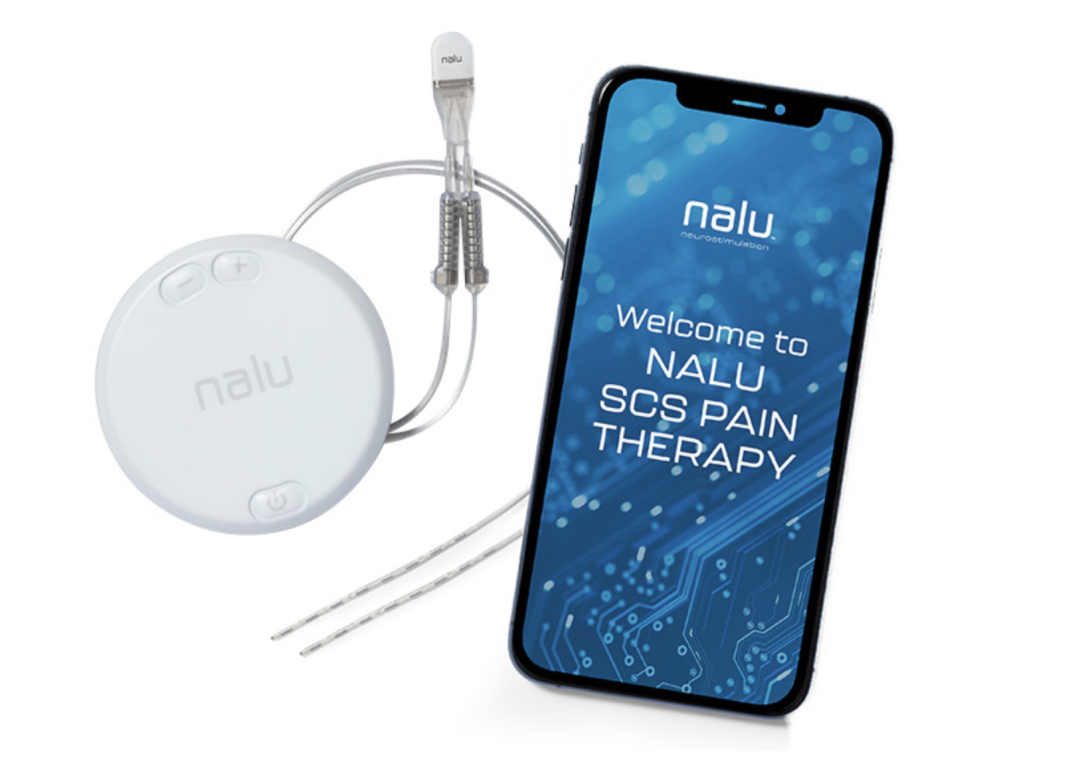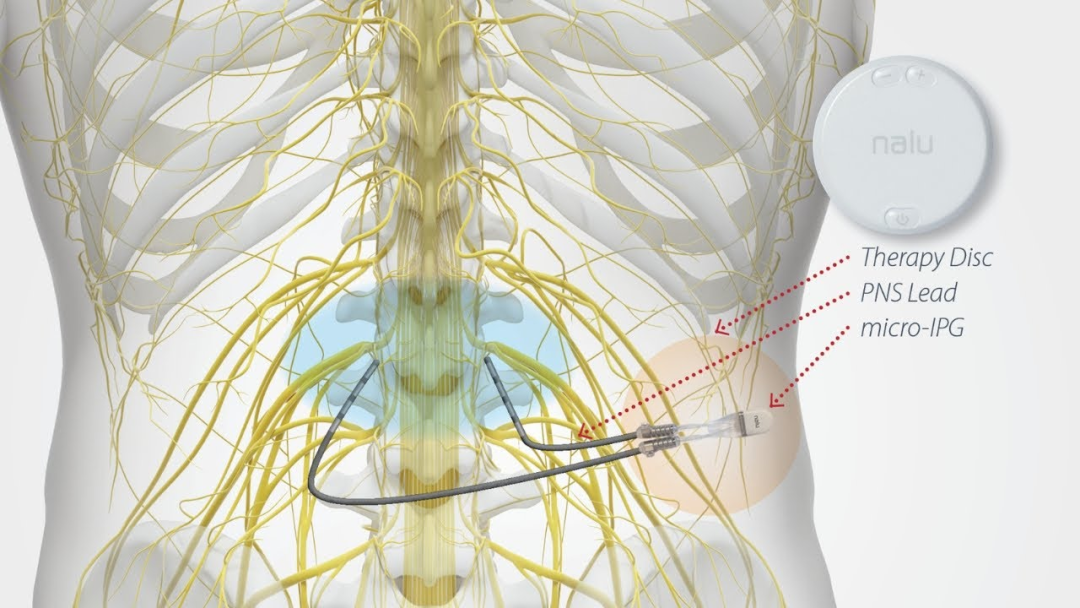3.8 billion! medical device giant announces another major acquisition
On October 17, 2025, Boston Scientific announced the acquisition of Nalu Medical for approximately $530 million (about 3.8 billion RMB) in cash. This neurostimulation company, which has been established for less than a decade, is renowned for its "wireless peripheral nerve stimulation system." Just last month, it received $50 million in growth capital from Trinity Capital to support its commercial expansion.
From financing to acquisition, only three weeks elapsed.
This is not only a capital move but also an industry footnote on the future direction of chronic pain treatment.

From Investment to Acquisition: The Next Strategic Move for the Neural Regulation Giant
Boston Scientific and Nalu are not unfamiliar with each other. As early as 2017, the company made a strategic investment in Nalu and has been monitoring its research and clinical progress over the long term. This acquisition will take over all of its remaining equity, and the transaction is expected to be completed in the first half of 2026.
Nalu is currently in a rapid growth phase, with sales expected to exceed $60 million by 2025 and a growth rate of over 25% anticipated for 2026. Upon completion of the transaction, Nalu will be integrated into Boston Scientific's neuromodulation division, complementing its existing products such as spinal cord stimulation (SCS), radiofrequency ablation (RFA), and basivertebral nerve ablation (BVN).

For Boston Scientific, this transaction represents a strategic extension from "central modulation" to "peripheral modulation." The company's product line in the pain management field is thus more complete, achieving multi-level coverage from deep nerves to peripheral nerves. It also further strengthens its direct competition with giants like Medtronic and Abbott in the field of neuromodulation.
Acceleration signals before acquisition
Before the acquisition was announced, Nalu had just received up to $50 million in growth capital from Trinity Capital.
The financing structure adopts a phased disbursement mechanism, linked to commercial indicators such as implantation volume and revenue targets, indicating that it is already at a mature stage of commercialization and scaling up.
Nalu plans to use the funds to expand its sales and marketing team, increase production capacity and inventory, and accelerate coverage of major pain management clinics across the United States. CEO Tom West stated that this financing will "propel the company from regional deployment to a national footprint."
Kyle Brown, Managing Director at Trinity Capital, pointed out: "Nalu's technological approach is distinctly differentiated in the field of neurostimulation, achieving a balance between therapeutic efficacy, comfort, and accessibility."
This round of financing has become a critical point for Nalu's commercial expansion and has laid the foundation for this acquisition. For Boston Scientific, choosing to act at this time means that it has seen a target that is technologically mature, fully validated by the market, and can be quickly integrated into its system.
Technical Highlights: Making Neural Stimulation "Smaller, Longer-lasting, and Easier to Use"
Nalu's core product is the Nalu Neurostimulation System—a battery-free, miniaturized, wirelessly powered neurostimulation system suitable for both Peripheral Nerve Stimulation (PNS) and Spinal Cord Stimulation (SCS) indications.

The system structure is divided into three parts:
-
Micro-implantable pulse generator (micro-IPG): only 1/27 the size of a traditional IPG, almost imperceptible after implantation, significantly enhancing patient comfort.
-
Therapy Disc: Provides energy to the implant through wireless power supply, eliminating the need to replace the battery, with a device lifespan of up to 18 years.
-
Smart Control App: Patients can adjust the stimulation intensity and mode themselves, while doctors can remotely monitor and update the software to achieve personalized treatment.
This system reduces the complexity of surgery and maintenance costs, and also lowers the risk of requiring a secondary surgery with traditional battery-powered stimulators.
A lighter and smarter form gives neuroregulation the true attributes of "wearable healthcare."
Clinical Verification: Dual Improvement in Efficacy and Compliance
Efficacy data is an important support for the Nalu system.
In two multicenter randomized controlled studies (COMFORT and COMFORT 2), the Nalu system achieved pain relief of over 50% in 87% and 79% of patients, respectively. The average pain reduction was 64%, and more than 2,000 real-world data similarly showed that 94% of patients experienced clinically significant improvement.
Clinical researchers believe that these data demonstrate stable efficacy across multiple anatomical sites (such as shoulder, waist, knee, etc.), indicating the broad applicability of peripheral nerve stimulation (PNS) therapy.
In addition, Nalu's wireless power design significantly improves patient compliance and postoperative experience, enabling long-term, low-maintenance treatment.
In the context of chronic pain management's long-term reliance on medication and limited acceptance of implant therapies, such a system structure undoubtedly enhances "technical accessibility" — not only treating effectively but also making it easier to be utilized.
Track Significance: Resegmentation of Chronic Pain Treatment
Chronic pain is one of the most common chronic diseases worldwide, affecting over 1 billion people globally. Traditional treatments mainly involve opioids, which carry risks of dependency and abuse. Neuromodulation therapies—especially Spinal Cord Stimulation (SCS) and Peripheral Nerve Stimulation (PNS)—have been proven to offer alternatives in terms of long-term safety and efficacy.
Currently, the market is still dominated by three companies: Medtronic, Abbott, and Boston Scientific, which together hold about 80% of the market share. However, mainstream products are still traditional battery-powered IPGs, which are large, costly, and complex to operate. Nalu has entered the market with a differentiated approach of "miniaturization + wireless power," offering an alternative solution.
For Boston Scientific, the value of this acquisition lies not only in product supplementation but also in providing the company with a new entry point for mild and peripheral pain patients.
This means that it can expand to more application scenarios of "moderate pain" or "localized pain" beyond the treatment of severe pain, allowing neuroregulation to reach a broader grassroots and outpatient market.
Si Yu Observation: The "Popularization Turning Point" of Peripheral Nerve Stimulation
Ten years ago, the keyword in neuroregulation was "closed-loop feedback"; five years ago, it was "AI algorithms"; and now, the industry is returning to the most fundamental issue—how to make it affordable, accessible, and sustainable for more patients.
Nalu's innovation is responding to this proposition. It represents not a singular technological breakthrough, but the redesign of neuroregulation into a "widely accessible medical device."
Boston Scientific's acquisition also sends a signal: large companies are shifting from complex systems integration to lighter, more replicable technological models.
In the future neuromodulation market, competition will no longer be about "whose algorithm is more accurate" but rather "whose system can more easily enter clinical settings." From this perspective, the significance of Nalu may far exceed a single transaction.
【Copyright and Disclaimer】The above information is collected and organized by PlastMatch. The copyright belongs to the original author. This article is reprinted for the purpose of providing more information, and it does not imply that PlastMatch endorses the views expressed in the article or guarantees its accuracy. If there are any errors in the source attribution or if your legitimate rights have been infringed, please contact us, and we will promptly correct or remove the content. If other media, websites, or individuals use the aforementioned content, they must clearly indicate the original source and origin of the work and assume legal responsibility on their own.
Most Popular
-

India's Q3 Smartphone Shipments Rise 3%; Japanese Mold Factory Closures Surge; Mercedes-Benz Cuts 4,000 Jobs
-

Ascend's Restructuring Plan Approved! Jwell Launches Global Acceleration Plan; Nexperia Chip Crisis Threatens Global Auto Production
-

Dow To Restart Pe Units 5 And 7 This Week, Recovery Date For Unit 6 Remains Undetermined In The United States (US)
-

Key Players: The 10 Most Critical Publicly Listed Companies in Solid-State Battery Raw Materials
-

The Roller-Coaster Behind Sanhua Intelligent Controls' Stock Price: What Are the Advantages of Automotive Thermal Management Companies Crossing Into Humanoid Robots?






